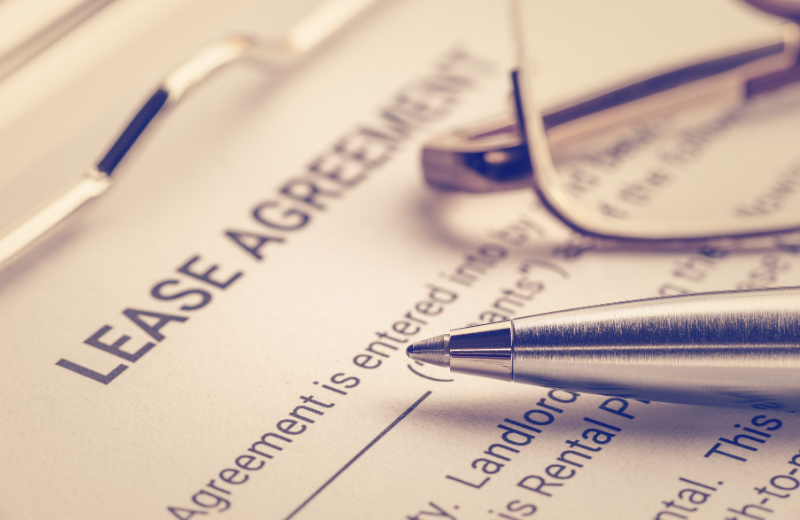The Board of Directors is responsible for enforcing the terms outlined in the Association’s community instruments. While some violations are straightforward to identify and address, such as unauthorized improvements or improper parking, others, particularly those concerning nuisance clauses like noise or smoking, pose complexities.
A recent legal decision, Carey v. The 400 Condominium Association, sheds light on these challenges. In this case, a resident alleged that the Association failed to address smoke infiltration from a neighboring unit, leading to legal action. The court emphasized the importance of objective assessment in determining if a violation exists.
The ruling highlights key considerations for Board members and community managers, including the need for thorough investigation before issuing violation notices, distinguishing between ordinary and unreasonable nuisances, incorporating clear language and procedures in community rules, and upholding a fiduciary duty to all owners with fairness and objectivity.
Learn more here.






